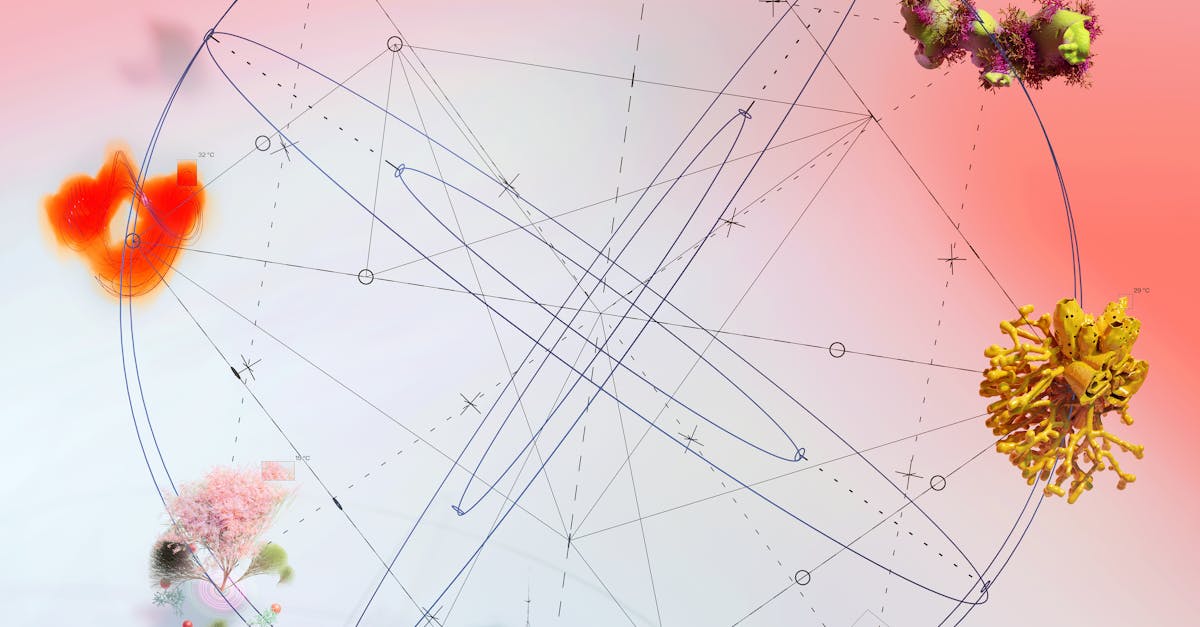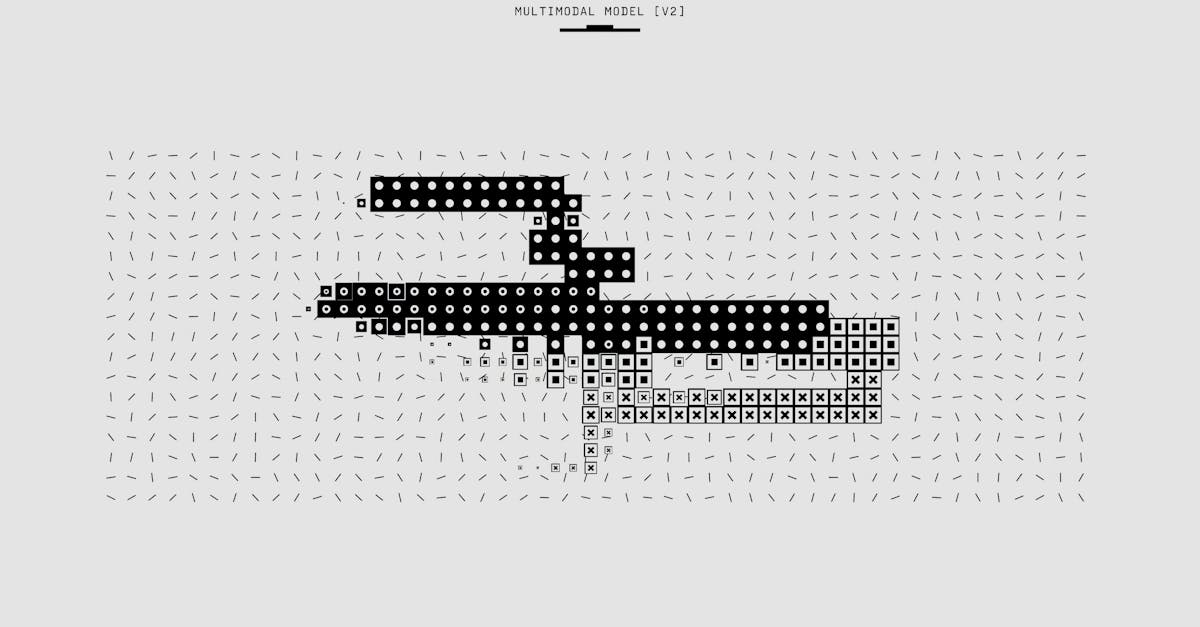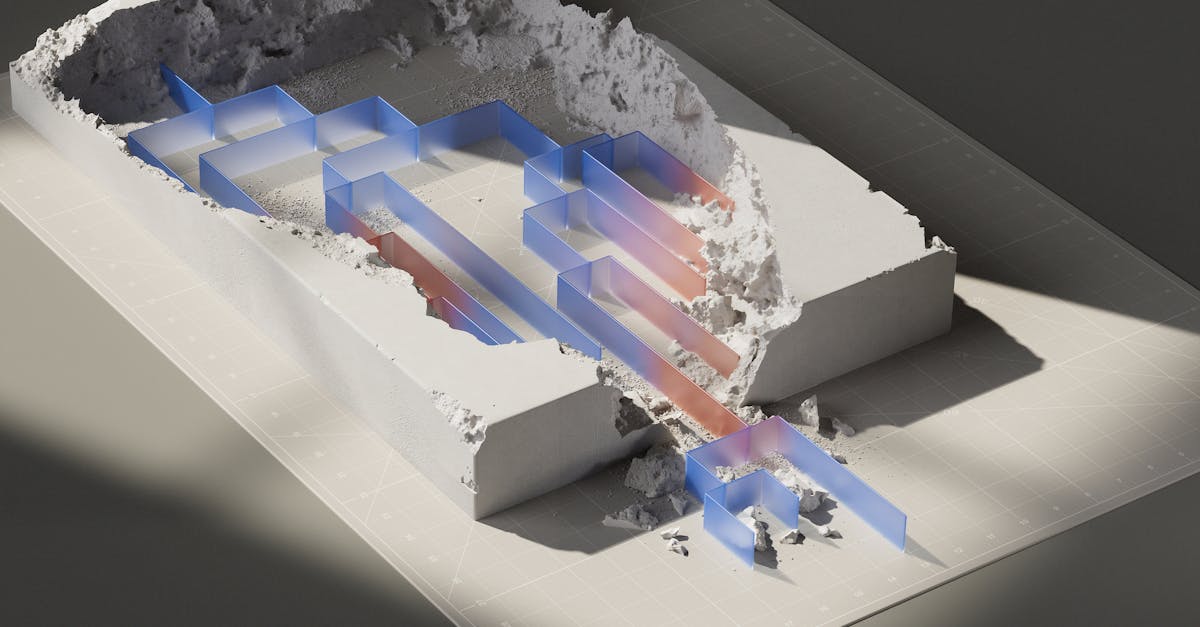
Table Of Contents
Incorporating Sustainable Practices in Irrigation Design
Sustainable practices play a crucial role in modern irrigation design. By incorporating environmentally friendly techniques, the overall impact of irrigation systems can be significantly reduced. In the context of Irrigation Design Brampton, utilizing sustainable practices not only ensures the efficient use of water resources but also minimizes any negative effects on the surrounding ecosystem.
One prominent sustainable practice is the integration of rainwater harvesting techniques. By capturing and storing rainwater for later use in irrigation systems, it decreases reliance on freshwater sources. This approach not only conserves water but also reduces energy consumption associated with pumping water from distant sources. In Irrigation Design Brampton, implementing rainwater harvesting techniques can result in a more sustainable and cost-effective irrigation system for both residential and commercial landscapes.
Utilizing Rainwater Harvesting Techniques
Utilizing Rainwater Harvesting Techniques
Rainwater harvesting is a key component of sustainable irrigation design that is gaining traction in Brantford. This technique involves collecting and storing rainwater for future use in irrigation systems, reducing reliance on freshwater sources. In Irrigation Design Brantford, rainwater harvesting can be achieved through various methods such as simple rain barrels or more sophisticated systems that capture and filter rainwater for efficient use in landscaping.
By incorporating rainwater harvesting techniques in irrigation design, Brantford can reduce water consumption, lower utility costs, and lessen the strain on municipal water supplies. Rainwater is a valuable resource that can supplement irrigation needs, especially during drier seasons, ensuring landscapes remain healthy and lush without overburdening the environment. Implementing these sustainable practices not only benefits the local community but also contributes to a more environmentally conscious approach to water management in Irrigation Design Brantford.
Technology Advancements in Modern Irrigation Design
Technology advancements have revolutionized the landscape of modern irrigation design, offering sophisticated solutions to enhance efficiency and sustainability. Irrigation systems equipped with smart controllers have gained popularity in recent years, allowing precise control over watering schedules and adjustments based on weather conditions. For instance, in Irrigation Design Saint Catherines, these smart controllers utilize real-time data to optimize water usage, minimizing wastage and promoting environmental conservation.
Moreover, the integration of automation technologies in irrigation systems has streamlined maintenance procedures and improved overall functionality. Automated sensors and monitoring devices enable users to remotely monitor and adjust irrigation settings, ensuring precise water delivery to plants and minimizing human intervention. This technological integration not only saves time and labour but also contributes to the conservation of water resources, making modern irrigation design a sustainable and efficient choice for various landscapes.
Implementing Smart Irrigation Controllers for Efficiency
Smart irrigation controllers are revolutionizing the landscape of efficient water management in agriculture. With the integration of advanced technology, these controllers can automatically adjust watering schedules based on real-time weather conditions, soil moisture levels, and plant requirements. In the city of Barrie, as part of Irrigation Design Barrie projects, smart controllers have demonstrated significant water savings by eliminating overwatering and optimizing irrigation practices.
The ability of smart irrigation controllers to collect and analyze data allows for precise control over water distribution, leading to enhanced plant health and sustainability. By utilizing weather forecasts and sensor data, these controllers can adapt irrigation schedules to prevent water wastage during rainy periods or increase watering during hot, dry spells. Incorporating such intelligent systems into irrigation design not only ensures efficient water usage in urban landscapes but also contributes to long-term environmental conservation efforts in Barrie and beyond.
Designing Irrigation Systems for Specific Landscapes
When it comes to designing irrigation systems for specific landscapes, such as those in the region of Niagara, a tailored approach is crucial to ensure optimal water distribution and plant health. The unique characteristics of the Niagara landscape, including varying soil types, sun exposure, and plant species, demand a customized irrigation design that caters to these factors. Irrigation Design Niagara must take into account the specific water requirements of the vegetation present in the area while considering factors like weather patterns and drainage capabilities.
Incorporating features like drip irrigation for water-sensitive plants and zoning systems to target different areas based on their water needs can enhance the efficiency and effectiveness of irrigation systems in Niagara landscapes. By aligning irrigation design with the specific requirements of the terrain and vegetation in Niagara, water usage can be optimized, leading to healthier plants and reduced water waste. Irrigation Design Niagara plays a critical role in promoting sustainable water practices and preserving the natural beauty of landscapes in the region.
Adapting Irrigation Design for Sloped Terrain
When it comes to designing irrigation systems for sloped terrains, particular attention must be paid to ensuring efficient water distribution. The unique challenge posed by sloped landscapes can be effectively addressed through strategic planning and thoughtful design. In Irrigation Design Cambridge, experts emphasize the importance of utilizing methods such as contour irrigation and drip systems to optimize water usage and minimize runoff.
Incorporating features like terracing and adjusting pipe sizing according to the slope gradient can significantly enhance the effectiveness of irrigation systems on sloped terrain. By tailoring the design to the specific topography of the land, water can be evenly distributed across the area, promoting healthy plant growth and reducing wastage. In Irrigation Design Cambridge, a thorough understanding of the landscape's natural contours is essential for creating sustainable and efficient irrigation solutions for sloped terrains.
FAQS
What is irrigation design?
Irrigation design is the process of planning and creating systems to efficiently deliver water to landscapes, crops, or gardens, ensuring proper hydration for optimal growth and sustainability.
How important is sustainable practices in irrigation design?
Sustainable practices in irrigation design are crucial as they focus on conserving water resources, reducing energy consumption, and minimizing environmental impact for long-term benefits.
What are some technology advancements in modern irrigation design?
Modern irrigation design incorporates advanced technologies such as smart irrigation controllers, soil moisture sensors, and weather-based systems to enhance efficiency and effectiveness.
How can irrigation systems be designed for specific landscapes?
Irrigation systems can be tailored for specific landscapes by considering factors like soil type, plant water requirements, sun exposure, and topography to ensure precise and targeted water delivery.
Why is it important to adapt irrigation design for sloped terrain?
Adapting irrigation design for sloped terrain is essential to prevent water runoff, soil erosion, and uneven water distribution, ensuring optimal water absorption and plant health on challenging landscapes.






